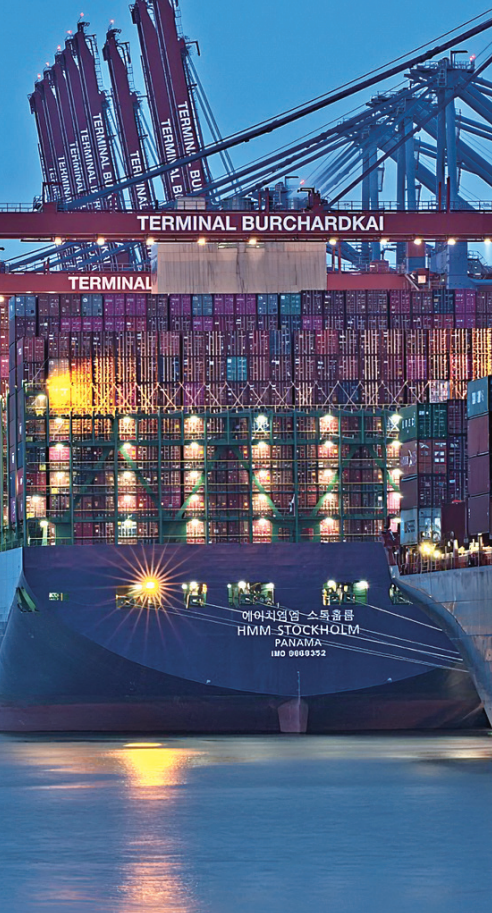Crime is becoming a serious problem by the day. Among them, drug crimes have become more and more easily found in everyday life. ST has delved into the problems of this. ......Ed

Ever since the Yoon administration came into power, one of the primary policies of the administration had been the War on Drugs, which attempts to stop drug-related crime, a hot topic in Korea. However, some have doubts on the effectiveness and necessity of such a policy.
The Yoon administration’s war on drugs can be divided into two major branches. The first is stopping the supply of drugs, and the second is to reduce the demand for drugs, i.e., to reduce the number of users. Let us first take a look at the supply side of things.
Most of the supply of drugs in Korea are from overseas. There is occasional news of a drug plantation or even a drug lab being busted, but ultimately, the vast majority of the supply come from overseas. One thing to consider, though, is that Korea is a hard country to sneak anything in, let alone drugs. As the Korean peninsula is effectively an island, drugs must be smuggled in by plane or ship, and ships are by far the cheaper and easier option, thanks to the larger volume of products that are transported via ships.
And because of the existence of the Kim regime and North Korea, Korean seas are extremely well watched and guarded, and with neighboring countries also being relatively free of drugs and keeping a tight guard on the border, sneaking drugs by boats or some similar method is difficult and rare. Instead, most of the supply is smuggled in with other products.
However, Korean customs already effectively stop drugs from coming into the country. As ocean cargo is far easier to search, smuggling drugs into the country is rather difficult. Of course, as manpower is limited, customs do not search every container and package, and as such, some drugs do get in, but supply is already quite limited. For example, in 2022, 624kg of drugs had been found, compared to 1272kg of drugs found in 2021, even though more manpower was assigned.

The other is the demand-side of the matter. The Yoon administration has stated that they aim to punish drug users with heavier sentences. However, considering the success and failures of anti-drug policy in other countries, such a direction can only spell disaster. According to research from North America and Western Europe, where drug-related crime is much more serious and widespread, drug users do not stop taking drugs even if harsher punishment is given. This is because many drug users become addicts due to a particular reason, rather than just ‘for fun’.
For example, many users of opioid drugs in North America had become addicted to the drug because of the overprescription of opioids, a crisis manufactured by the Sackler family, owners of the pharmaceutical corporation Purdue Pharma. After they had become addicted to painkillers, the drug users turned to street drugs either because the doctors refused to prescribe them more painkillers, or because they could not afford the price of the legal medicine.
Most drug users follow a similar pattern, with those that are disadvantaged being at the greatest risk. As such, it is not only unethical but also ineffective to punish drug addiction with harsh sentences, especially as drug use is most common among those who are already at the greatest risk of poverty. It is instead necessary to treat addiction as a disease that must be cured.
Without efforts like such, anti-drug policy that only focuses on catching those who do drugs cannot be successful. Drug crime cannot be stopped by fearmongering news from the media, nor by simply increasing sentences; In addition to greater focus on stopping drugs from coming in the country, policy that treats addiction as a disease and focuses on prevention and treatment is necessary. War on drugs fails to do either of those things. To reduce damage from drugs, policy must focus on science, not fearmongering and a misguided sense of karma.
Min Jeong-ung (News Editor)
redreboot@soongsil.ac.kr


